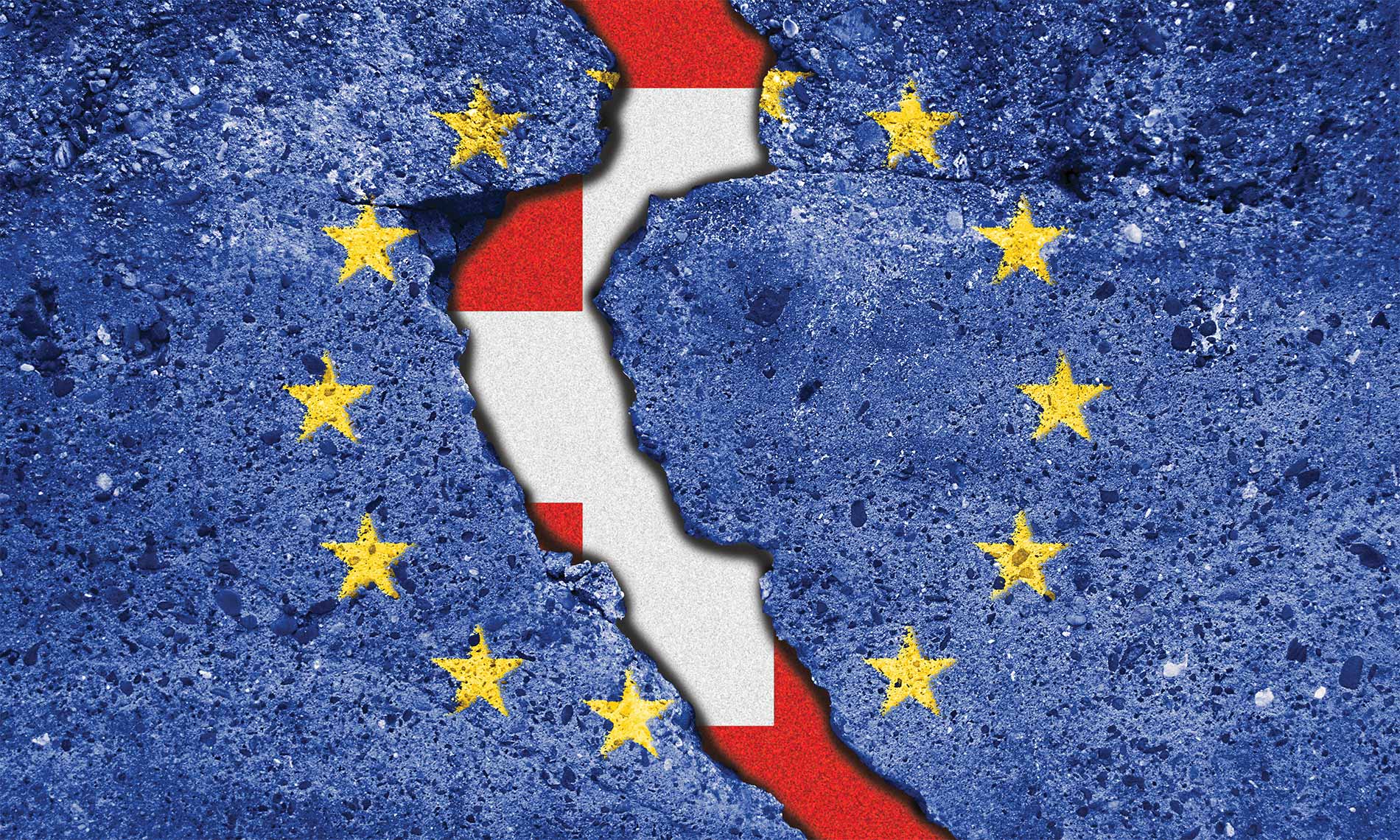As the eurozone economy slows down after six years of uninterrupted growth, Switzerland is an anxious spectator. Amid increased concerns among the EU27 over the potential impact of a disorderly Brexit and the halt to quantitative easing from the European Central Bank’s asset-purchasing programme, Europe’s big three are bracing themselves while Switzerland sits in the middle, watching intently.
To the west, France endures its gilets jaunes; to the south, Italy faces a looming debt crisis with its banks. In the north, Germany has just avoided a technical recession and, like many of the other 18 eurozone countries, forecasters suggest that it will be fortunate to see 1% GDP growth this year. ‘What I see in Italy and France is scary, in particular the rise of populism,’ says Manuel Bianchi della Porta, managing partner of BianchiSchwald in Geneva. ‘A lot is going on in the eurozone: most Swiss trade depends upon Germany, France and Italy. But it seems that we are living on a small island unaffected by all the turmoil that is happening around us. It is like the political stability of our country is protecting us and the business community we are serving.’
Subscriber Access
You must be logged in to view full premium content.







